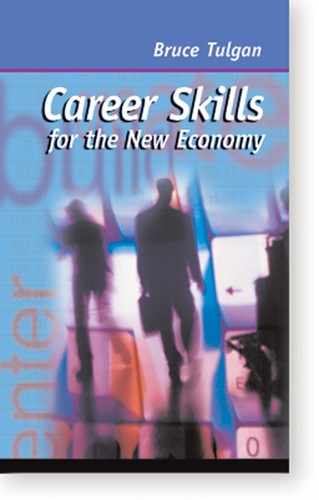,
CRITICAL THINKING is as much a habit as a skill. It has nothing to do with criticizing, disparaging, or finding fault. Rather, critical thinking involves differentiating between reliable and unreliable information, carefully weighing the strengths of conflicting views, and making reasoned judgments.
Critical thinkers do not leap to conclusions—they take the time to consider possibilities and do not become too attached to one point of view. They do not latch onto one solution—they know that most solutions are temporary and can be improved over time on the strength of new data. Critical thinkers are both open to the views of others and supremely independent in their own judgments.
The next time you catch yourself jumping to conclusions about a situation, stop and take the time to practice critical thinking. Suspend your judgment and question your assumptions; ask yourself, “What are all the logical possibilities [who, what, when, where, how, and why?] that my assumptions exclude?” Then check your facts. What do you really know about the situation? What is your source, and is it a good source? Is there a better source? What facts do you need to gather to make a better decision?
If you get in the habit of thinking critically, you will handle every situation more professionally, interact more effectively with people, make better decisions, and be able to resolve—at least provisionally—almost any problem. Such results make critical thinking the ultimate transferable skill. And unlike today’s hot technical skills, it will never become obsolete.
To become a critical thinker, try the five-step SQUAD approach:
1. Suspend judgment.
2. Question assumptions.
3. Uncover the facts.
4. Analyze your information.
5. Decide on your next step.
